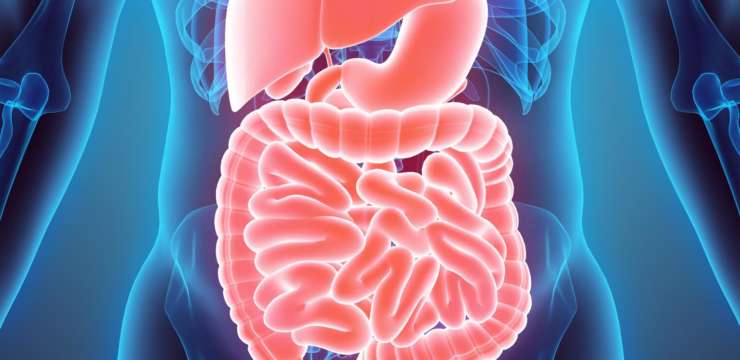Introduction In the body, the digestive system makes sure that the food that is being consumed is digested in the gastrointestinal (GI) tract and the…

Gastro Intestinal Health: The gastrointestinal or (GI) tract does more than digest food. It contributes to various body systems and functions. Dr. Jimenez takes a look at procedures that have been created to help support the GI tract’s health and function, as well as promote microbial balance. Research shows that 1 in 4 people in the U.S. have some type of stomach or intestinal problem that is so severe that it interferes with the person’s daily activities and lifestyle. Intestinal or digestion problems are referred to as Gastrointestinal (or GI) Disorders. The goal is to achieve digestive wellness. When an optimally working digestive system is on track, an individual is said to be in good health. The GI tract protects the body by detoxifying various toxins and participating in the immunological processes or when the body’s immune system interacts with antibodies and antigens. Health coaches can help patients optimize gut health by finding out what bacteria is overgrown and what bacteria need to be more abundant. Proper gut health is a balancing act between the good and the bad bacteria. For optimal gastrointestinal health, the bacteria should become balanced and supported with a nutritious diet for proper absorption and digestion.

Introduction In the body, the digestive system makes sure that the food that is being consumed is digested in the gastrointestinal (GI) tract and the…

Introduction Part of the digestive system’s primary system is to make sure that the food that a person is consuming is being digested and excreted…

Introduction The digestive system is home to the gut, the gastrointestinal (GI) tract, the liver, the intestines, and other organs that make sure that the…

Introduction The digestive system is home to the gastrointestinal (GI) tract where food is being digested and being transformed into nutrients for the body to…

Introduction The gastrointestinal tract is part of the digestive system and its primary job is to make sure that the food is being consumed and…

Introduction The digestive system is home to many of the organs that help digest food into vitamins and nutrients and has a bidirectional with the…

Introduction The gut and the brain have two different jobs that do different functions in the body but, have a bidirectional communication with each other.…

Introduction The gut system’s main function is to digest food to be turned into nutrients in the body and excrete the waste out of the…

Introduction The gut is home to many bacterias that help out the body by digesting the food that a person eats, and excretes the waste…

Introduction The body has specific roles for each of the systems that are inside. The musculoskeletal system makes sure that the body is moving, while…

Introduction In today’s podcast, Dr. Alex Jimenez, Health Coach Kenna Vaughn, and Astrid Ornelas discuss a variety of natural treatment methods and techniques in treating…
Introduction The previous article talked about how photobiomodulation or low laser therapy can help improve the gut microbiome. Today’s article gives an in-depth look…

Introduction The body has a variety of functions that work simultaneously to make sure that it’s working correctly. From the musculoskeletal system all the way…

Introduction On today’s podcast Dr. Jimenez DC, health coaches Adriana Caceres and Faith Arciniaga, and nutritionist Ana Paola RodrÃguez Arciniega will discuss the steps to…

Small Intestinal Bacterial Overgrowth (SIBO) has a prevalence of 56% among patients with irritable bowel syndrome. Over the years, this condition was only treated with…

The classification criteria for fibromyalgia have changed over time, affecting its definition from a “peripheral pain-defined disease” to a “systemic symptom-based disease.” Indeed, the ACR-2010…

Nutritional assessment is a critical step that inpatients have to go through before undergoing surgery. Unfortunately, even with the obesity pandemic, most patients fall into…